Results
-
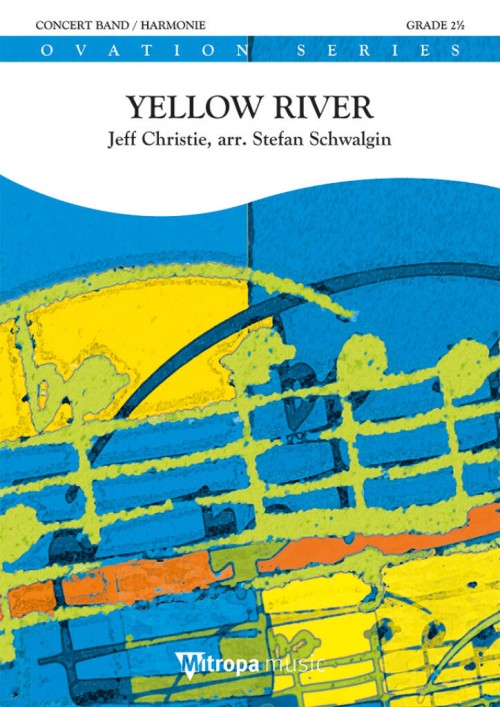 £76.99
£76.99Yellow River (Concert Band - Score and Parts) - Christie, Jeff - Schwalgin, Stefan
The little known English group Christie became famous overnight in 1970 when they released the record Yellow River. Yellow River is a Vietnam era song (a protest against the Vietnam War) and describes the wish of a soldier at the front to return home. Band leader, singer and composer Jeff Christie initially wrote the song for The Tremoloes, but as the group were uncertain about it he decided to record it himself. The result was a number one hit in over 25 countries! The catchy melody and beat were reason enough for Stefan Schwalgin to create this arrangement for concert band.Duration: 3.00
Estimated dispatch 7-14 working days
-
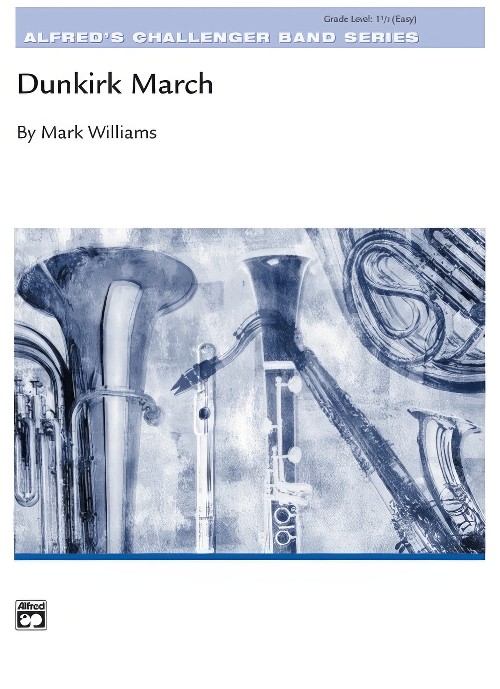 £41.50
£41.50Dunkirk March (Concert Band - Score and Parts) - Williams, Mark
This march commemorates a daring sea rescue during World War II in which over 300,000 French and British soldiers, surrounded by German forces, were evacuated from Dunkirk by a huge volunteer flotilla consisting of every imaginable type of boat-from tiny fishing boats to yachts. This work presents a unique opportunity for musical learning, as well as cross-curricular study in social studies/history. Duration: 2.30
Estimated dispatch 7-14 working days
-
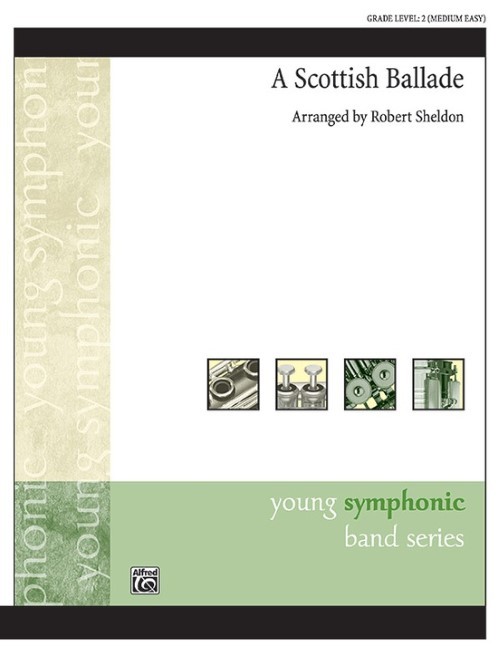 £53.95
£53.95A Scottish Ballade (Concert Band - Score and Parts) - Sheldon, Robert
A Scottish Ballade is a setting of the traditional Scottish song, "Annie Laurie," which was written by her sweetheart, William Douglas in the 19th century. The song became a favorite of Scottish soldiers during the Crimean War. The well crafted and expressive scoring will make less-experienced ensembles sound their best. Duration: 2.45
Estimated dispatch 7-14 working days
-
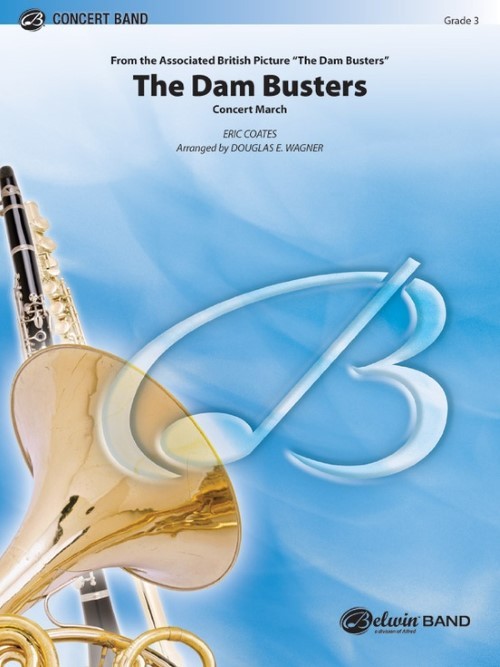 £77.50
£77.50The Dam Busters (Concert Band - Score and Parts) - Coates, Eric - Wagner, Douglas E.
Eric Coates' musical genius is celebrated in this new arrangement from Douglas E. Wagner. From the film of the same name, The Dam Busters was an instant classic and was named after a string of successful bombings on the Ruhr River which brought World War II to a more rapid end. This new arrangement of the classic march celebrates the fiftieth anniversary of the composition. Duration: 3.45
Estimated dispatch 7-14 working days
-
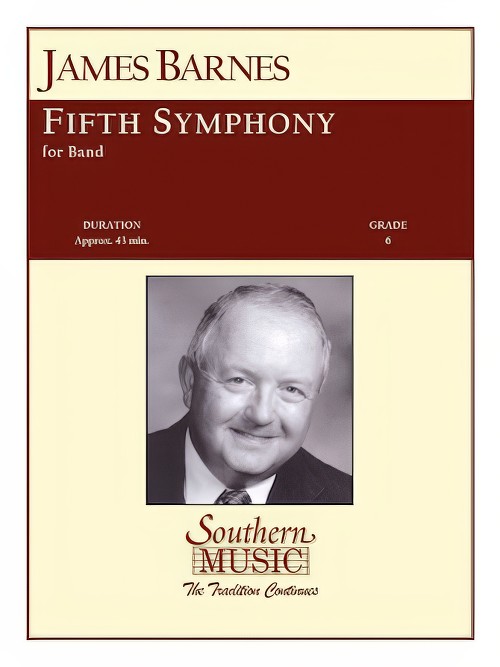 £404.99
£404.99Fifth Symphony (Concert Band - Score and Parts) - Barnes, James
Commissioned in 2000 to commemorate the 50th anniversary of the formation of the Japanese Ground Self-Defense Force Central Band in 1951 at the conclusion of Allied occupation. Scored for a very large band, including six antiphonal trumpets, the work is in four movements: I. Eulogy, II. Scherzo, III. Reverie, and IV. Jubilation. Subtitled Phoenix, the composer writes: Like the legendary Phoenix bird, which self-immolates, then arises from its own ashes more resplendent than ever, Japan has recovered from the massive devastation of World War II to become a greater and more respected nation than ever before. Duration: 43.00
Estimated dispatch 7-14 working days
-
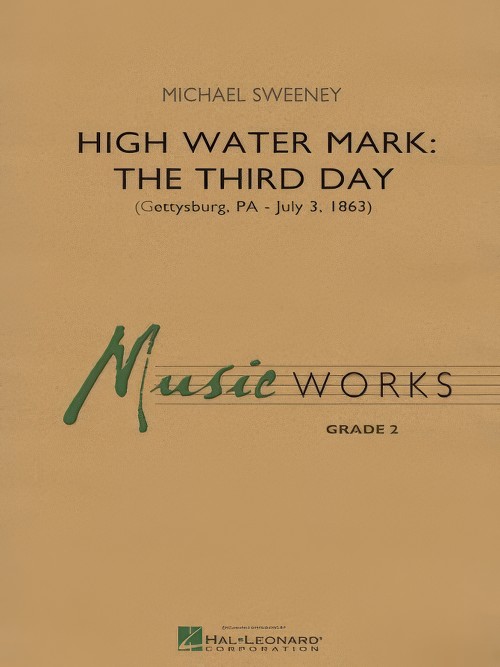 £57.50
£57.50High Water Mark: The Third Day (Concert Band - Score and Parts) - Sweeney, Michael
Gettysburg, PA - July 3, 1863. It would be difficult to find another grade 2 selection with as much drama and musical depth as this impressive work from young band master, Michael Sweeney. Depicting the momentous events of the final day of battle at Gettysburg in the Civil War, this composition paints vivid musical images including the early morning church bells, the artillery duel between the two armies, the parade-like advance of Confederate troops in Pickett's charge, and ultimately the crucial final battle. Included are extensive historical notes to help make this a complete and meaningful experience for performers and listeners alike. A one-of-a-kind composition!
Estimated dispatch 7-14 working days
-
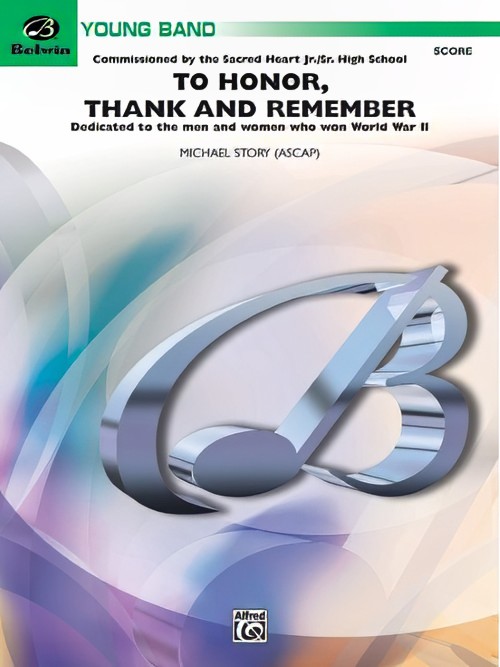 £58.50
£58.50To Honor, Thank and Remember (Concert Band - Score and Parts) - Story, Michael
Three contrasting sections are united to create this lovely composition which has been dedicated by the composer to the men and women who won World War II. The piece begins with a flourishing fanfare which is interrupted by what may be Michael Story's most beautiful melody. This melody interacts with rhythmic excitement and concludes with a grandiose statement of the theme. A superb choice! Duration: 3.15
Estimated dispatch 7-14 working days
-
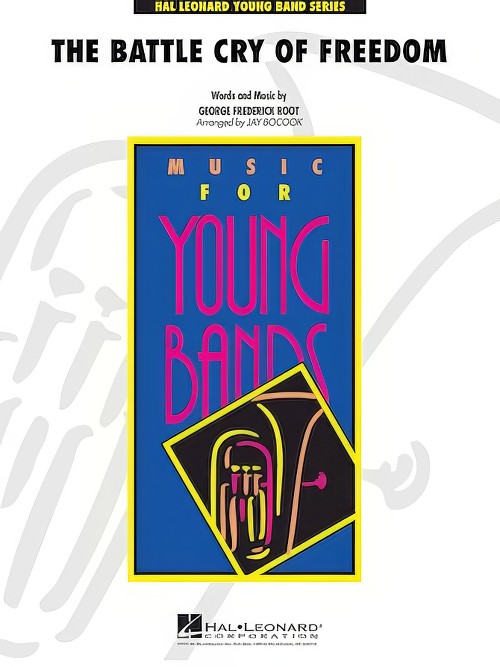 £57.50
£57.50The Battle Cry of Freedom (Concert Band - Score and Parts) - Root, George Frederick - Bocook, Jay
From the opening sound of field drums and distant muted trumpets this well-crafted arrangement takes this familiar Civil War anthem through a variety of moods and styles. Building to a dramatic full ensemble climax, it then very effectively tapers to quiet ending. This is a wonderful way to celebrate the era of Lincoln and his 200th birthday in 2009.Duration: 2.15
Estimated dispatch 7-14 working days
-
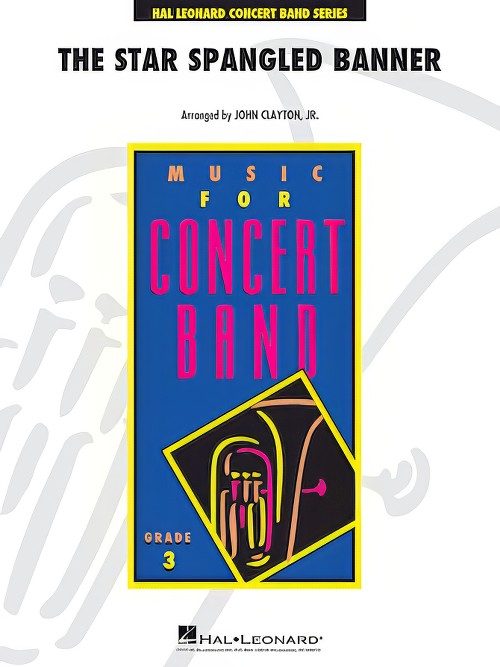 £57.50
£57.50The Star Spangled Banner (Concert Band - Score and Parts) - Key, Francis Scott - Clayton Jr, John
This is the authentic version recorded by Whitney Houston and first performed at Super Bowl XXV during the Gulf War. Gifted arranger John Clayton has adapted the orchestral version he did for Whitney into this exhilarating arrangement for concert band. Also available are compatible SATB, SAB and 2-Part choral voicings.
Estimated dispatch 7-14 working days
-
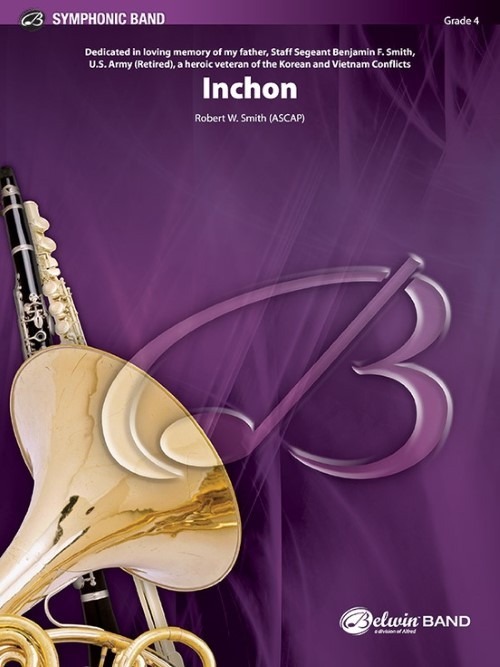 £79.50
£79.50Inchon (Concert Band - Score and Parts) - Smith, Robert W.
This work was inspired by the events surrounding the Inchon-Seoul campaign of the Korean Conflict and is dedicated to the composer's father, a Korean War veteran. You will musically experience the initial helicopter landing made by the 1st Marine Division and will remain awestruck with emotion by this work that commemorated the 50th anniversary of the Korean Conflict. Duration: 9.30
Estimated dispatch 7-14 working days
